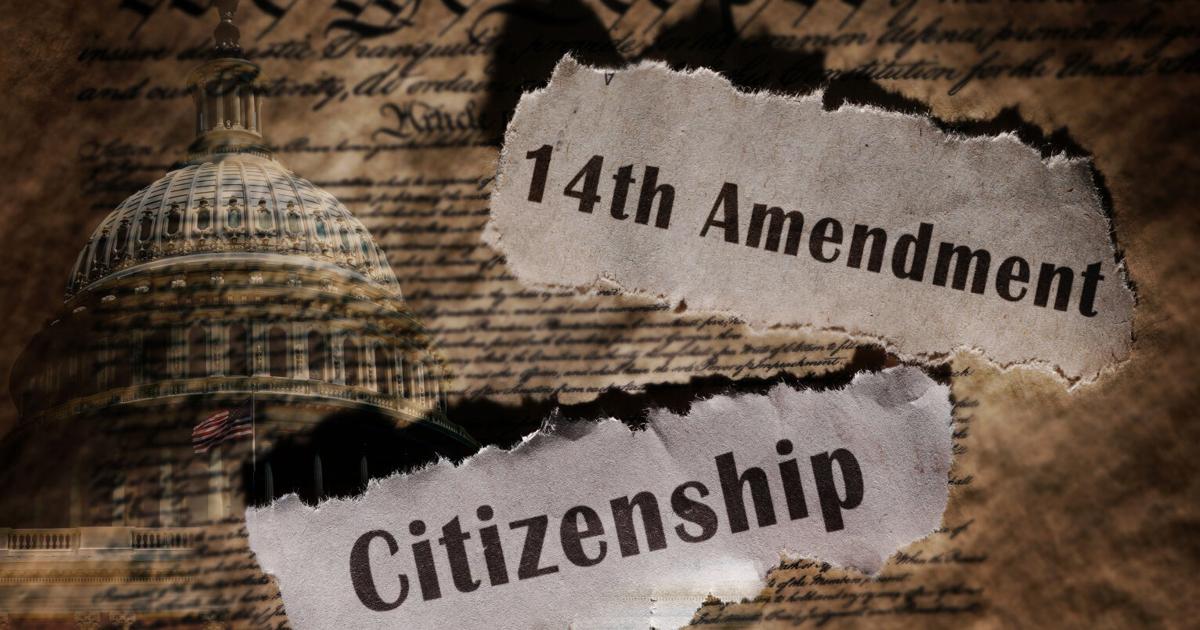(ThyBlackMan.com) A large percentage of young adults start out their early adult years carrying a hefty burden called student loan debt. By the time they graduate college and start their careers they need a portion of each paycheck to pay for their schooling. That’s just the beginning. Many also have a car loan and a few credit cards with high balances. It’s no wonder that a lot of recent graduates either move back home temporarily or find a roommate to help pay for the housing expenses. Luckily, there are ways to avoid piling up excessive debt and budgeting techniques that you can use early on and throughout your life.
Short-term loans
When you get your first apartment there are a lot of costs you may not factor in like gas, electric and cable bills. If you find that you are not able to come up with the difference after paying for your  security and months’ rent you could apply for a short-term loan. These types of alternatives to payday loans are easier to acquire than a typical bank loan. For one, you don’t need to own a home and your credit score doesn’t need to be at 700 or above. You will need to have a job, a checking account and a social security number. The benefits of a short-term loan are that you can spread the payments out over a year or two so that the monthly payments are small and affordable.
security and months’ rent you could apply for a short-term loan. These types of alternatives to payday loans are easier to acquire than a typical bank loan. For one, you don’t need to own a home and your credit score doesn’t need to be at 700 or above. You will need to have a job, a checking account and a social security number. The benefits of a short-term loan are that you can spread the payments out over a year or two so that the monthly payments are small and affordable.
Living below your means
Though you may want to have the larger place to entertain or have additional space, there’s a much larger price tag that goes along with it. Instead of obligating yourself to a year of rent that is at the limit of what you can afford, go lower and live below your means. A year passes by quickly. Most times the first place you rent is not usually where you will end up living for the long term. If you rent a place that’s much cheaper and maybe a little inconvenient, you’ll make it through the first year on your own much easier. Once you are on the job for a year or two and your salary increases you can move to a larger place in a better location and afford it without fear of falling behind.
Paying cash
Using credit cards is an easy way to rack up a lot of debt. Before you know it you have several cards that are at or near their credit limit. Instead, try paying cash for your food, essentials, and daily expenses. When you receive your paycheck or have a direct deposit to your bank account, withdraw a certain amount weekly or biweekly that you live one. Once the money is gone, it’s gone. There’s no withdrawing more. Using this method prevents you from overspending and teaches you the importance of money management early on. After a few weeks of doing it, you’ll find that you may even have a few dollars left over.
Buying used versus new
It’s nice to have new things like furniture and a car. However, the monthly expense that you need to pay to cover them can put you in debt quickly. Dealership car lots have many cars for sale that they get back when a 2-year lease is up. These vehicles are generally in excellent condition. It’s a win for you to buy one of these versus a new one for many reasons. First, the price tag is thousands of dollars lower. Second, they come with low mileage and usually an extended warranty. Also, if you live in a state that charges an excise tax, it will be much less.
Save for big purchases
There’s no doubt about it you will need to buy some pieces of furniture during your first years on your own. A mattress is one of those things you need new. It’s important to establish a savings account early on for things like this so that you avoid accumulating debt. Take a few dollars each week form your pay and deposit it without faltering. Before you know it you’ll have the money you need to buy the extra pieces you need to make your place feel like home.
Life on your own comes with a few surprises. If you learn to budget, save for larger purchases and live below your means, you’ll have the money to stay afloat and enjoy a comfortable life.
Staff Writer; Jerry Brown

















Leave a Reply